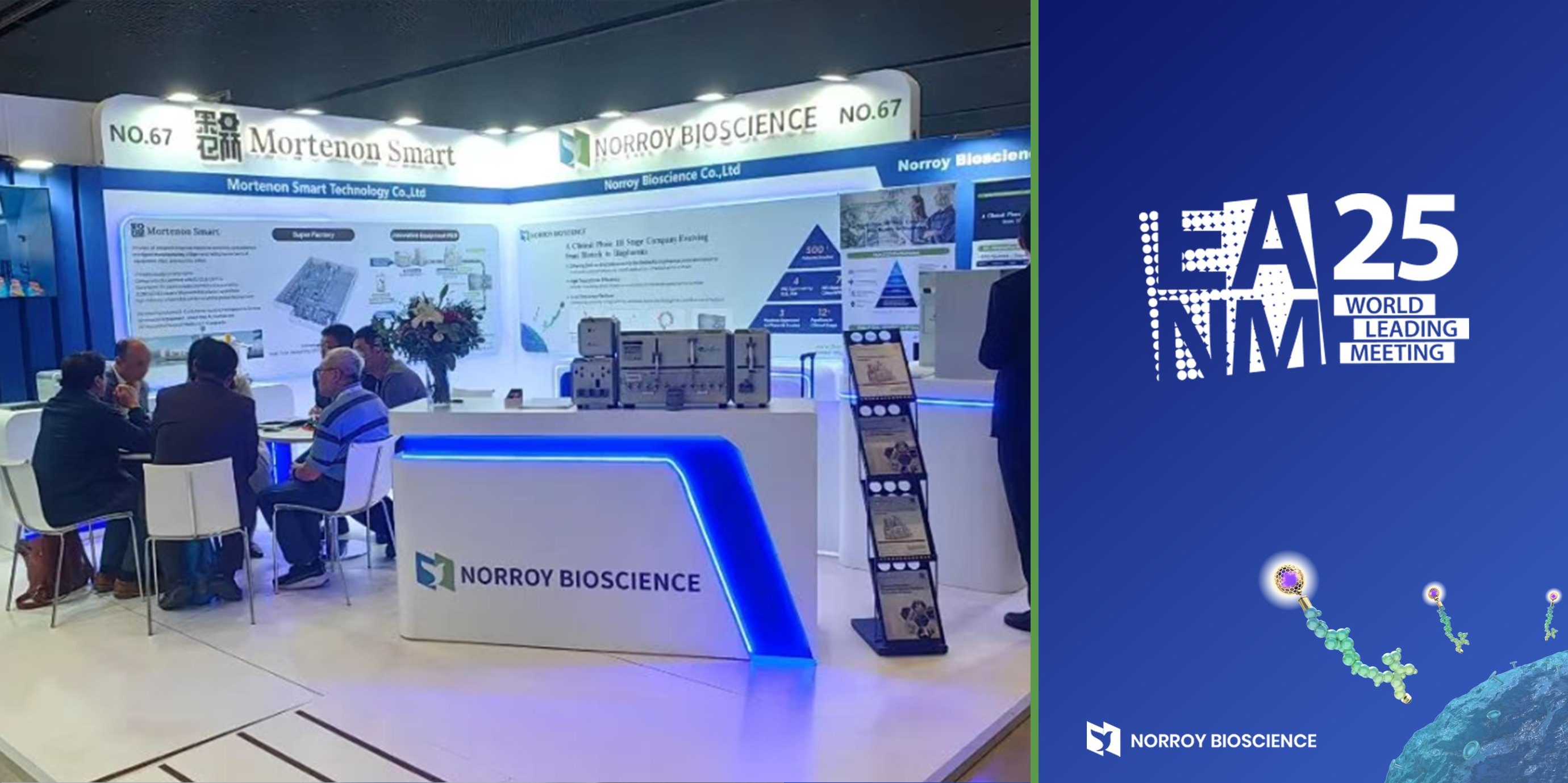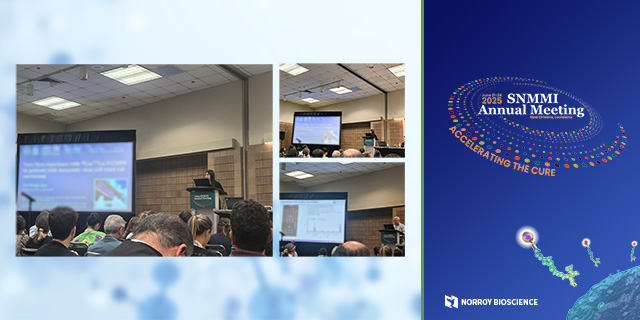Advancing PSMA-targeted diagnostics and therapeutics
PSMA, full name Prostate-Specific Membrane Antigen, is a protein closely associated with prostate cancer. It is a membrane protein present on the epithelial cells of the prostate, with strong expression on the surface of prostate cancer cells, while its expression in normal prostate tissue and non-prostate tissues is relatively low. The expression level in prostate cancer cells is 100 to 1000 times higher than in normal prostate cells and is positively correlated with the grade and stage of prostate cancer. This strong expression and high specificity make PSMA an important target for the diagnosis and treatment of prostate cancer.
Clinically, imaging diagnosis and staging of prostate cancer commonly use CT or MRI, mainly relying on morphological abnormalities for judgment. When lesions are small or atypical, missed diagnoses and misdiagnoses are common. PET/CT imaging (Positron Emission Tomography/Computed Tomography) achieves an organic combination of anatomy and function, providing a more intuitive display of lesion location and metabolic changes. A single scan can obtain imaging information from the entire body, which plays an important role in lesion localization, characterization, staging, and treatment evaluation.
PSMA PET/CT is essentially a targeted imaging technique that uses radioactive nuclides (commonly ^68Ga or ^18F) labeled to PSMA ligands as tracers. These tracers are injected intravenously, distribute and metabolize at the lesion sites, and are then scanned by PET/CT to complete the imaging. Leveraging PSMA's targeting ability, the radioactive nuclides accumulate more precisely in prostate cancer cells. Combining positron emission tomography (PET) and computed tomography (CT), this technique enables highly accurate detection of prostate cancer.





